Cookie-cutter solutions for First Nations education won't work
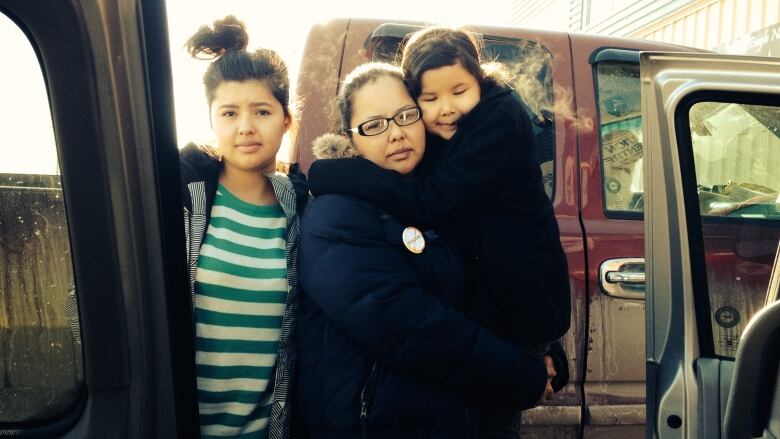
Twila Singer knows a thing or two about education on-reserve.
All five of her children are part of the Kainai First Nation and went to school on the Blood Tribe Reserve in Blackfoot territory close to Stand Off in southern Alberta. Her eldest son is now in college and her youngest is in Grade 1.
So when Singercaught wind of a community event last week, where Prime Minister Stephen Harper was to announce ahistoric education agreement between the federal government and First Nations, she put her ear to the ground.
No one knew what was going on, we were left in the dark," said Singer.
- First Nations to get more control over education, Ottawa says
- Visit the newCBC Aboriginal website
- Social media responds to new First Nations Education Act
Singer, who is part of the Blood Tribe's Idle No More group, had concerns regarding a potential announcement about the First Nations Education Act.
In a press release, Singer said, We are concerned about how it will impact our treaty relationship and the promises made under treaty to respect our control over educating our children.
The release also publicized a peaceful rally outside the Kainai Nation High School, where Prime Minister Stephen Harper made his announcement related to First Nations education.
On the day of the event, Singer made the decision to go inside for the announcement.
"Wejust prayed and decided that it would be OK, it would be safe to go in," she said, but she didnt expect what unfolded once they arrived inside.
Blue dots for uninvited guests
We were separated at the door and given either a blue dot or a yellow dot. The blue dots were uninvited guests and were ushered to the gymnasium, and the invited guests were the yellow dots and they were brought to the auditorium where the dignitaries were.
Along with about 40 others in the gym, Singer and her daughters, aged seven and 17,viewed what was happening in the auditorium on TV monitors. At the end, the invited guests were directed to go to the gym for a feast.
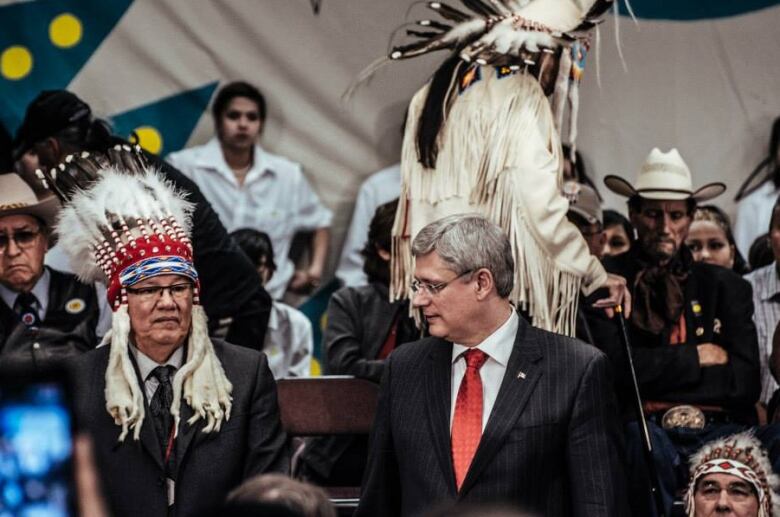
I was so confused. Everyone around me was on their phone. My baby has never experienced violence or anger, she started to cry, so I left.In all honesty I was really embarrassed.
Then, her 17-year old daughter was asked to leave.
In a video posted online, Singers teen daughter,Bryn Taylor, is seen being confronted by three men, two standing in front of her, and one man at her side. The man on the side wraps his arm around her back for almost a minute, and then lifts her up by her arm.
As people behind her shout leave her alone and this is what my reconciliation looks like, two men pick her up by each arm and she hits the floor, then they pick her up and escort her out.
Our families were in there, our people were in there, people who we love and interact with every day, and I think she was wanting somebody to say something, said Singer.
She said the air of silence mixed with confusion captured the essence of the announcement about changes to the First Nations Education Act that day.
We didn't develop it, or have a referendum on it, we were left out of the loop, she said.
Lacking consultation
The Blood Tribe and Kainai Board of Education also put out a press release on the day of the announcement that said the proposed act has not met the Crowns legal duty to consult and accommodate.
The release saidthe proposed legislation is being forced on the Blood Tribe andit issimilar to how the governmentassimilated Blood children through Indian residential schools.
But consultation is something the engineers of the proposed First Nations control of First Nations education act tout. According to the official website, the agreement is the result of intensive consultations, discussions, dialogue and studies.
It stated thatthe first phase included eight consultation sessions across Canada, more than 30 video and teleconference sessions, and online consultation activities, was completed in May 2013."
Arnell Tailfeathers, who was at the announcement as an invited guest in a media capacity tweeted to @CBC_Aboriginal, Treaty 7 chiefs had a teleconference with Valcourt in Calgary. Valcourt hung up on them after he was done speaking.
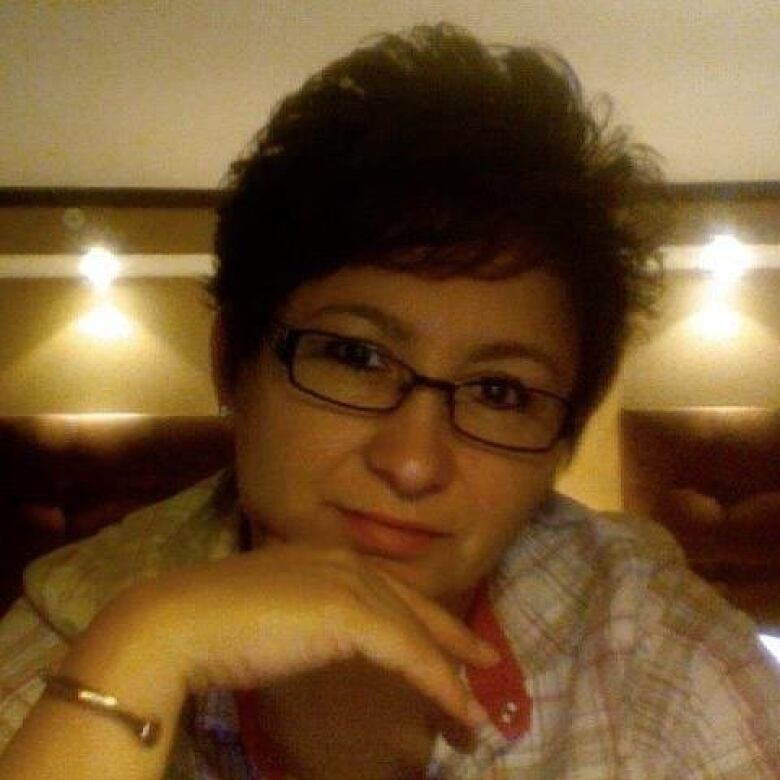
In reality we haven't even been briefed on this, we haven't sat down with the prime minister as a nation, she said.
We do hold treaty and the AFN doesnt not have the jurisdiction to do treaty for us, they just dont. We have never given up that jurisdiction.
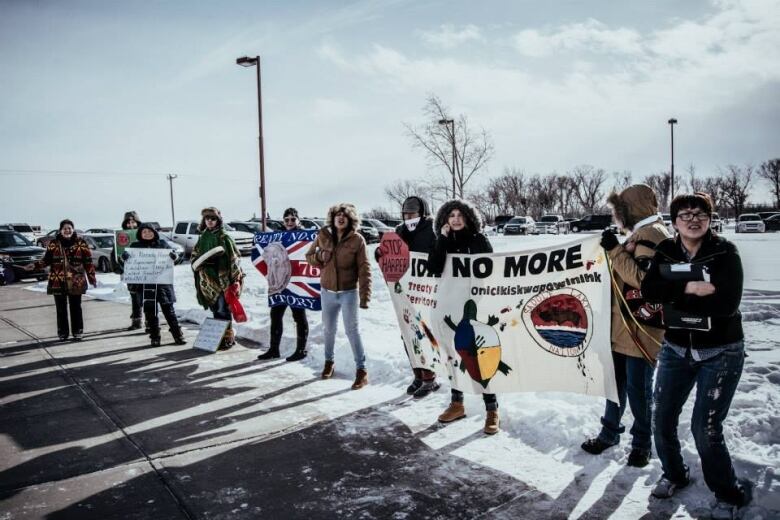
She was seated right behind Assembly of First Nations National Chief Shawn Atleos family.
Houle said during the ceremony to seal the deal, she stood up, put her right hand to her heart, raised her left fist in the air and said, Chief Atleo, on behalf of my nation, as a descendant of Treaty 6 signatory signer of Chief Pakan, I am telling you right now I and my nation object and have opposed the First Nations Education Act and you have no right to speak on our behalf.
She said Atleo responded by saying he agreed that not everyone has been consulted.
Shortly after, she said she was asked by local band members to leave the building.
ChiefAtleo, on behalf of my nation, as a descendant of Treaty 6 signatory signer of ChiefPakan, I am telling you right now, I and my nation object and have opposed the First Nations Education Act and you have no right to speak on our behalf.- Shannon Houle, Saddle Lake Cree Nation
Houle says her First Nation has always rejected the First Nations Education Act, but proposed changes cause her more concern.
If you look at other education administrators off-reserve and compare to the ones on- reserve, you will see that they already have to report two to three times more.
According to the First Nations Control of First Nations Education website, the legislation will improve transparency and promote accountability by establishing clear roles and responsibilities for First Nation education administrators, and annual reporting requirements.
But Houle says those reporting mechanisms are already in place, and worries how often third party management will be called in.
Houle and others also have concerns that the new legislation will impose provincial off-reserve education standards that will supersede traditional and cultural teachings and education.
According to the FNCFNE website, the legislation will require that First Nation schools teach a core curriculum that meets or exceeds provincial standards, that students meet minimum attendance requirements, that teachers are properly certified, and that First Nation schools award widely recognized diplomas or certificates.
Houle says her people will be implementing their own education system, regardless of any federal legislation pushed though.
Self-determined First Nations education
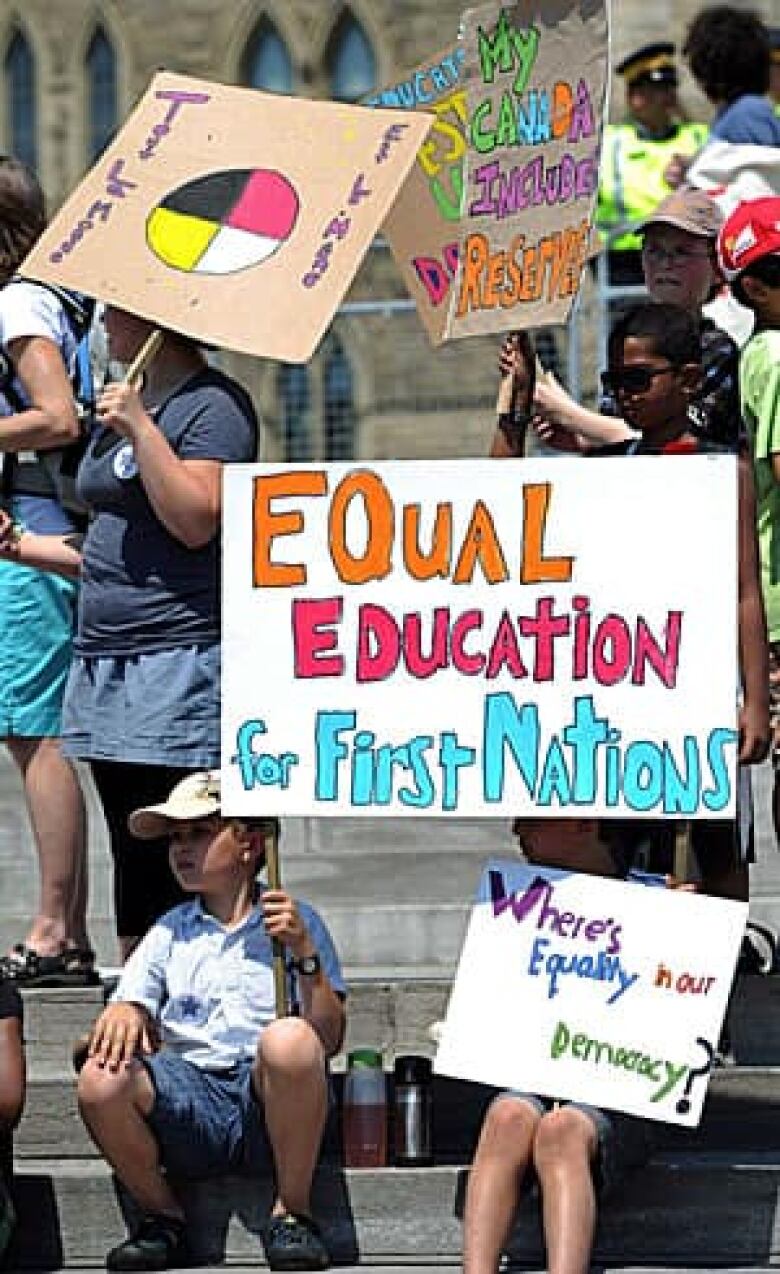
Houle says as a youth she went to an alternative school because the mainstream school system failed her.She now has two post-secondary degrees, one in arts and sciences, and the other in education.
We have the highest post-secondary graduates in our community, and many of those have gone through alternative programs.
Singerattributes the increase in graduation rates on the Blood reserve to a Blackfoot immersion program on the reserve. She saidits kids who attended that kind of schooling who are succeeding in higher education.
Singer said creating cookie-cutter solutions for First Nations is not going to work.
Nobody else can decide what education is best for us but us, for every nation and I think it should be tailored to each nation and their belief.
While she said she and her family are still shaken up and recovering from what happened at the FNEA announcement event, shes not afraid to speak out again.
I just want to tell people to keep speaking up. If you know something is wrong speak up, because you are encouraging one more person to stand up, and eventually there will be enough people standing up that will make things right, she said.












_(720p).jpg)


 OFFICIAL HD MUSIC VIDEO.jpg)
.jpg)



























































































